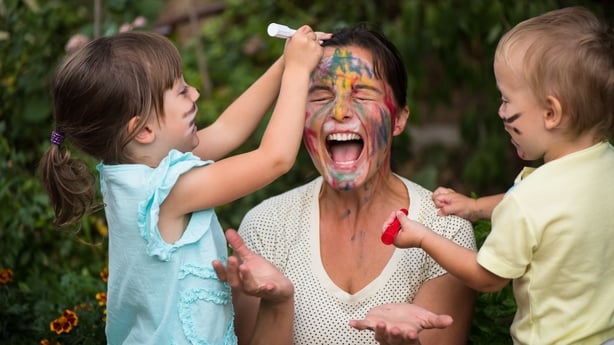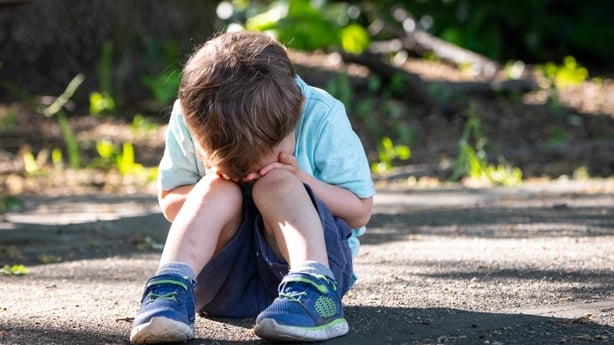On The Jennifer Zamparelli show on 2FM, Jennifer was joined by Dr. Malie Coyne, a Clinical Psychologist and author of Love In, Love Out: A Compassionate Approach to Parenting Your Anxious Child, on the importance of saying 'no' to children.
Jen kicked off the conversation by reflecting on her own experience of using the word. She told Coyne that although saying 'yes' to her kids often made life easier in the short-term, she worried it was doing more damage in the long term.

"As a parent, the worst thing you can do is say no to your child, isn't it?" Jennifer said. "Anything for an easy life!"
"I’ve got better in the last probably two years", she told. Coyne. "I’ve got a lot better at saying no and it’s definitely made me feel happier. I feel like I am taking control back a little bit and it is not the easy option, especially with kids. I used to do with kids for an easy life but that is probably doing more damage than anything, is it?"
Coyne says: "I think parents might think that they need to give their kids loads of love and they might overcompensate for things that they might not have got as kids."
"Sometimes it surprises me when I say no to my kids and they actually accept my answer. I go into the kitchen and go, 'God, that was cool!'"
She continues: "Kids need boundaries because it helps them to feel safe. This all came from Nigella Lawson. She did her last column for a British newspaper and she talked about her four edicts for an easier existence. One of them was saying a quick 'no' because it saves you a lot of stress but it also saves the person you're saying 'no' to stress, because they're not living in hope."

She says there are many reasons why some people can find saying no very challenging: "Sometimes people have difficulty saying no because of childhood experiences that they might have had. Maybe they were used to pleasing their parents a lot or other people."
The past few months have no doubt seen parents be more lenient with their kids to get them through these challenging times, but we shouldn't be hard on ourselves, Coyne says. "We can't beat ourselves up for that as parents because we were launched into this unpredictable world where everything was so uncertain. It still is, to an extent."
Tips for saying no
1. You don't need to give an "immediate decision", Coyne says, and if you need to take a minute to say "I need to think about this", that's fine.
2. "Letting go of guilt if you can, and if you have that critical voice that says 'you're a bad person for saying no', think to yourself that children feel love if you give them really clear boundaries and if you don't feel something is right, then that's okay. It's okay for them to experience disappointment because that builds their resilience."
3. No doesn't always have to be just a no. "Remember that sometimes saying no means saying yes to yourself and to your worthy needs. Sometimes people have trouble with feeling worthwhile enough to say no."
4. "You can fake it 'til you make it. Use the assertive body language, you can practice it in mildly tense situations, like in a restaurant or something small."
We need your consent to load this SoundCloud contentWe use SoundCloud to manage extra content that can set cookies on your device and collect data about your activity. Please review their details and accept them to load the content.Manage Preferences

